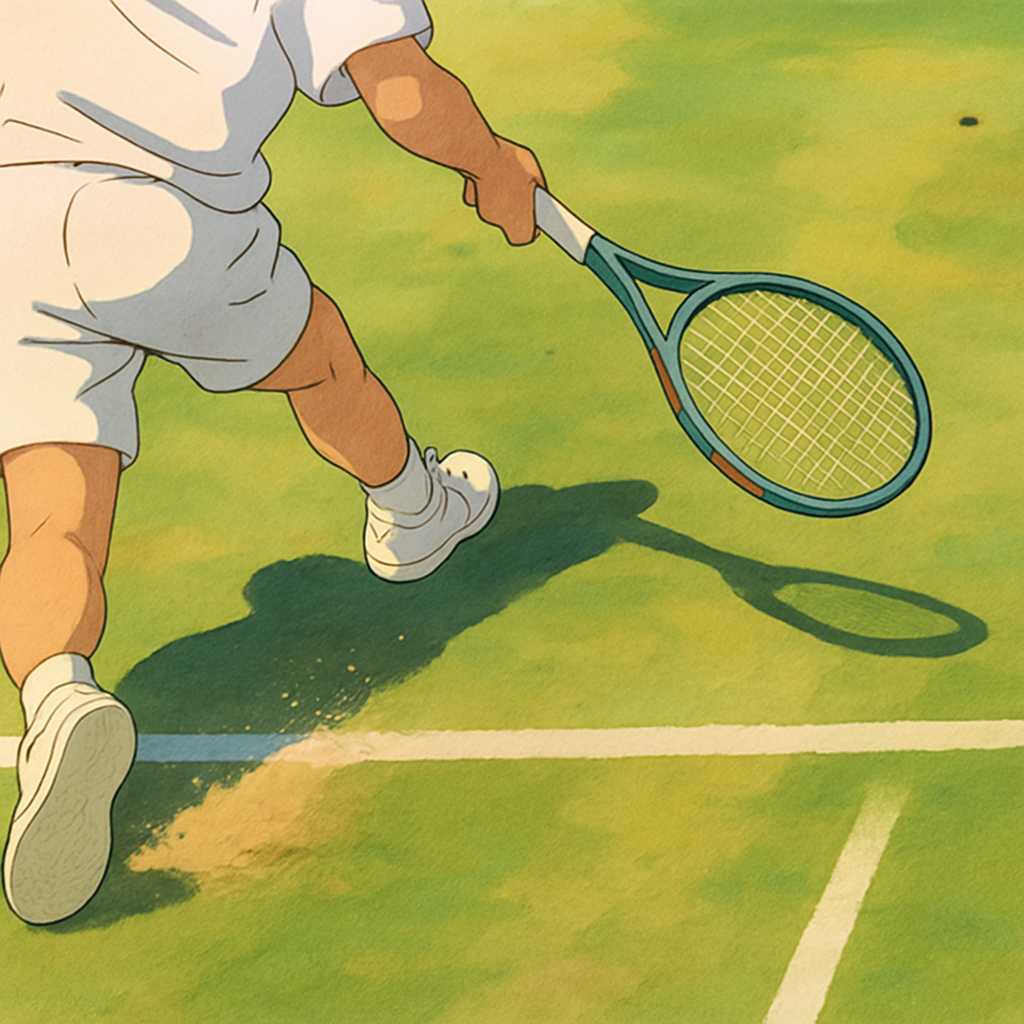LONDON — Four professional tennis players, including a former top-100 star, have been handed suspensions for match-fixing violations following investigations by the International Tennis Integrity Agency (ITIA). The most severe punishment—a seven-year ban—was issued to Bulgarian player Aleksandrina Naydenova, while three others received sanctions ranging from fines to multi-year suspensions.
The ITIA confirmed the rulings on Tuesday, marking one of the largest crackdowns on match-fixing in recent months. Naydenova, who peaked at No. 96 in the WTA rankings in 2015, was found guilty of multiple breaches of the Tennis Anti-Corruption Program (TACP), including facilitating wagering on matches and failing to report corrupt approaches. Her ban, which began on April 22, 2024, will extend until 2031.
The Cases and Penalties
Alongside Naydenova, three other players—two from Turkey and one from Uzbekistan—were penalized for their involvement in match-fixing schemes. The ITIA’s investigation uncovered evidence of manipulated matches in lower-tier ITF tournaments between 2018 and 2022. Below are the key details of each case:
- Aleksandrina Naydenova (Bulgaria): Seven-year ban, $5,000 fine, and disqualification from all ITIA-sanctioned events until 2031.
- Anastasia Sysoeva (Uzbekistan): Three-year suspension (with 18 months suspended) and a $2,500 fine for failing to report a corrupt approach.
- Ipek Soylu (Turkey): Four-year ban (with two years suspended) and a $5,000 fine for multiple TACP violations, including match-fixing.
- Melis Sezer (Turkey): Lifetime ban for repeated offenses, including wagering on matches and influencing outcomes.
Naydenova’s Downfall
Naydenova, once a rising star in women’s tennis, was accused of orchestrating fixes in ITF $15K and $25K tournaments. According to the ITIA’s report, she "knowingly contrived the outcome of matches and solicited other players to participate in the scheme." Her suspension effectively ends her professional career, as she will be 37 by the time her ban expires.
In a statement, ITIA CEO Karen Moorhouse emphasized the severity of the violations: "These rulings send a clear message that match-fixing will not be tolerated. The ITIA remains committed to protecting the integrity of tennis at all levels of the sport."
Broader Implications for Tennis
The suspensions highlight ongoing challenges in combating corruption, particularly in lower-tier tournaments where players earn minimal prize money. A 2023 report by the European Sports Security Association (ESSA) flagged tennis as the sport most vulnerable to betting-related corruption, accounting for 64% of suspicious alerts.
Former British No. 1 Laura Robson, now an anti-corruption advocate, commented: "The financial pressures on lower-ranked players make them easy targets for fixers. More education and support are needed to prevent exploitation."
The Role of the ITIA
Since its formation in 2021, the ITIA has issued over 50 sanctions, including lifetime bans for high-profile cases like Argentine player Nicolás Kicker. The agency employs a combination of betting monitoring, player education, and undercover operations to detect breaches.
However, critics argue that penalties remain inconsistent. While Naydenova received a seven-year ban, Soylu’s suspension was partially suspended despite similar offenses. The ITIA defended its decisions, stating that "each case is assessed individually based on evidence, cooperation, and precedent."
Player Reactions
Naydenova has denied the allegations, calling the ban "unfair and politically motivated." In contrast, Sysoeva accepted her penalty, stating she regretted not reporting the approach sooner. Soylu and Sezer have not publicly commented.
The tennis community has largely supported the sanctions. Australian player John Millman tweeted: "Match-fixing destroys the sport’s credibility. Harsh punishments are the only way to deter this behavior."
Conclusion
The ITIA’s latest crackdown underscores the persistent threat of match-fixing in tennis. While the bans serve as a deterrent, experts argue that structural reforms—such as increased prize money at lower levels and stricter monitoring—are needed to address the root causes of corruption.
As Moorhouse concluded: "Our work is far from over. We will continue to pursue those who undermine the integrity of the game, while also providing players with the tools to resist corruption."

